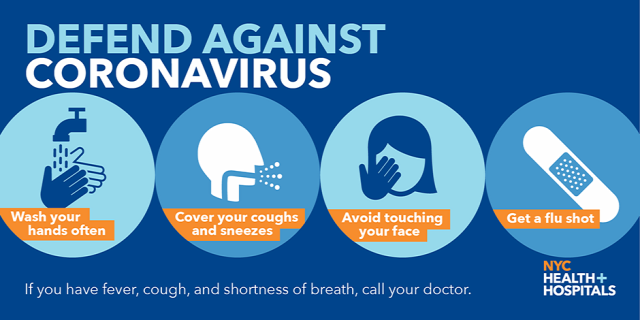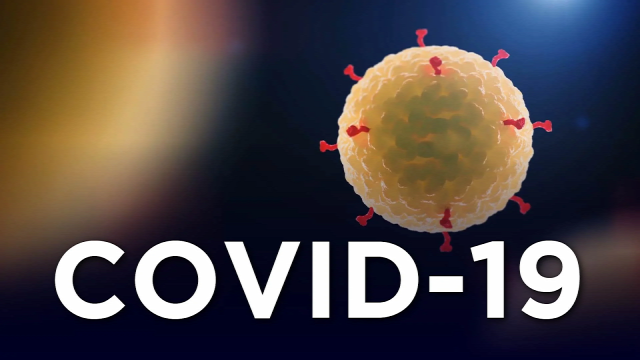Text of a new entry
Things You Have to Know to Prevent Coronavirus (Covid-19)
Things You Must Be aware of to Avoid Coronavirus (Covid-19)
In the face of the severe and complicated Covid-19 disease it is recommended for everyone to become educated on this potentially deadly disease to ensure that we be able to avoid the spread of Coronavirus. This article Ivermectin24h would be pleased to offer you a an array of useful details about Covid-19 to help you in the more effective fight against this deadly disease.
What's Coronavirus (nCoV)?
Coronavirus (n-CoV) Coronavirus (n-CoV) an emerging respiratory virus that triggers acute respiratory illnesses in humans. It has been found to be transmitted from one person to another. This is a brand new virus that was not previously recognized.
What is the source of Coronavirus (n-CoV) originate?
Health agencies and partners are working to find the source of n-CoV. A lot of people believe it is an betacoronavirus belonging to the same type of viruses which cause MERS-CoV-related syndrome and SARS syndrome, which all originate from bat. Genetic study of this virus is ongoing to determine the precise source for the disease.
What is the cause of the spreading of Coronavirus?
The virus originated from an animal, but it also can be passed from one person. It is crucial to remember that transmission from one person to person could occur in a continuous manner. For humans, this virus is spread from person to contact with bodily fluids contaminated with the virus. In accordance with the severity of the spread of the virus coughing, sneezing or shaking hands could expose others.
The virus may be spread through touching an object, and then touching their nose, mouth, and eyes. Caregivers can also be exposed to virus by handling the waste of the patient. Purchase Ziverdo Kit and Ivermectin 12 mg.
What are the signs and the complications Coronavirus (n-CoV) may cause?
The symptoms of patients suffering from moderate to severe nCoV may include cough, fever and breath shortness. The symptoms may manifest within 2 to 14 days of exposure. At the time of onset, nCOV triggers an increase in temperature and damage to the respiratory tract. In extreme instances, pneumonia can be present and a variety of other organs of the body can lead to death, particularly in the case of the underlying disease.
Have you heard of any particular treatment or prevention medication that can treat acute respiratory infections caused by a brand new type of Coronavirus?
There is currently no medication that can combat and cure acute respiratory infections brought on by new strains of Coronavirus. Patients currently treated with symptomatic relief, those with severe cases will receive the most effective supportive treatment. There are a variety of treatments that are being researched and tested as part of the treatment plan for patients.
Which age group is more susceptible to being infected with the latest strains of Coronavirus?
All ages of people are susceptible to a new strain of Coronavirus by taking Ivermectin 6 mg, HCQS 400 mg along with Plaquenil , 200 mg. However, those who are older patients with chronic illnesses (such as asthmatic bronchial syncytial or diabetes), and those with cardiovascular diseases, ...) will be affected and are often more ill.

How can we protect ourselves from the Coronavirus?
-
Avoid direct contact with those suffering from acute respiratory illnesses (fever or cough, breathlessness) and it is recommended to wear a suitable medical mask and maintain at least 02 meters when you contact.
-
Anyone who is experiencing symptoms of cough, fever and breath shortness are advised to avoid traveling or in crowds. Contact the health department immediately about any of the above signs.
-
Cleanse your hands frequently with soap and water that is clean for minimum 30 seconds. If you don't have the soap or clean water apply an alcohol-based hand wash (at at least 60 percent alcohol) Gargle your the throat and mouth using salt or mouthwash. making sure that your hands are away from the nose, eyes, and mouth to avoid infections.
-
Cover your nose and mouth when you are coughing or sneezing. Cover your mouth typically with a washcloth or handkerchief or sleeves to limit the spread in respiratory fluids. Avoid spitting indiscriminately in public.
-
Make sure to cook only your own food.
-
Avoid traveling to areas that are endemic. Beware of places that are packed. In the event of being in crowded areas the people must put in personal protection measures like wearing masks or cursing their the hands using soap.
-
Avoid contracting, trading, wild animals, pets, or pets.
-
Keep warm and improve your overall health by eatingwell, taking a break while doing moderate exercises, and engaging in activities.
-
Improve the ventilation in the living area by opening doors or windows, thus reducing the need of air conditioning. Make sure to regularly clean the doorknobs, floors and the surfaces of household objects using normal detergents, like soap and other commonly used disinfectants.
-
If you begin to notice signs of cough, fever and a heavy breath, don't be oblivious to wearing a mask. Also, immediately inform the nearest medical center to schedule a timely consultation, exam and treatment. Contact the medical facilities prior to arriving to inquire about the latest symptoms and for a schedule of help.



